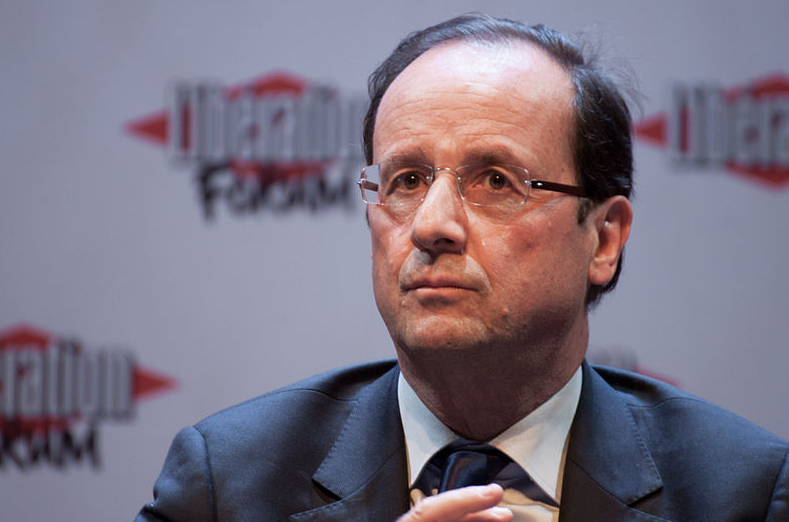The new French reform gives commercial companies the nod to modify the 35-hour workweek. According to the amendment, the number of compulsory hours per week can now be increased to 46 by agreement of the trade union. Conditions of employees’ dismissal have been simplified, and employers are given additional leverage when discussing holidays conditions. The reform has become the last hope of the socialist government to fulfill its election promise and reduce unemployment, which has stuck at the level of 10% for the country as a whole, and 25% in the case of young people.
According to the government, simplification of an extremely rigid hiring and firing conditions will stimulate firms to recruit more staff. This reform was a compromise. In particular, making concessions to the opponents, the government took the possibility to vary working hours without any approvals away from small and medium-sized firms. "This law is good for business and for employees," - tried to convince the French Prime Minister Manuel Valls. Yet, he failed to reassure even part of his comrades in the ruling Socialist Party. Laurent Baumel, head of a group of 30 "splitters" in the parliamentary faction, called the decision "undemocratic" and said that part of the left-wing forces in parliament will try to gather enough votes for the nomination of its own vote of no confidence to the government.
However, now the office of Mr. Waltz will have to endure a vote of no confidence from the Conservative opposition. So far, supporters of such solutions have gathered 226 out of 288 required votes, but negotiations with the breakaway Socialists are still ongoing. Whatever be the outcome of tomorrow's vote, the fate of the Socialists as the ruling party is already a foregone conclusion. President of Socialist Francois Hollande, who in April 2017 will go to the polls, has one of the lowest ratings in its history: a total of 13%.
Another street protests are scheduled on the day of the vote of no confidence. The events have continued intermittently from 9 March. March 31, the amendment’s opponents managed to take 390 thousand to 1.2 million people to the streets, according to various estimates. According to the protesters, the reform is "an unprecedented attack on the rights of workers, returning the country to the XIX century."
source: dw.de
According to the government, simplification of an extremely rigid hiring and firing conditions will stimulate firms to recruit more staff. This reform was a compromise. In particular, making concessions to the opponents, the government took the possibility to vary working hours without any approvals away from small and medium-sized firms. "This law is good for business and for employees," - tried to convince the French Prime Minister Manuel Valls. Yet, he failed to reassure even part of his comrades in the ruling Socialist Party. Laurent Baumel, head of a group of 30 "splitters" in the parliamentary faction, called the decision "undemocratic" and said that part of the left-wing forces in parliament will try to gather enough votes for the nomination of its own vote of no confidence to the government.
However, now the office of Mr. Waltz will have to endure a vote of no confidence from the Conservative opposition. So far, supporters of such solutions have gathered 226 out of 288 required votes, but negotiations with the breakaway Socialists are still ongoing. Whatever be the outcome of tomorrow's vote, the fate of the Socialists as the ruling party is already a foregone conclusion. President of Socialist Francois Hollande, who in April 2017 will go to the polls, has one of the lowest ratings in its history: a total of 13%.
Another street protests are scheduled on the day of the vote of no confidence. The events have continued intermittently from 9 March. March 31, the amendment’s opponents managed to take 390 thousand to 1.2 million people to the streets, according to various estimates. According to the protesters, the reform is "an unprecedented attack on the rights of workers, returning the country to the XIX century."
source: dw.de



















